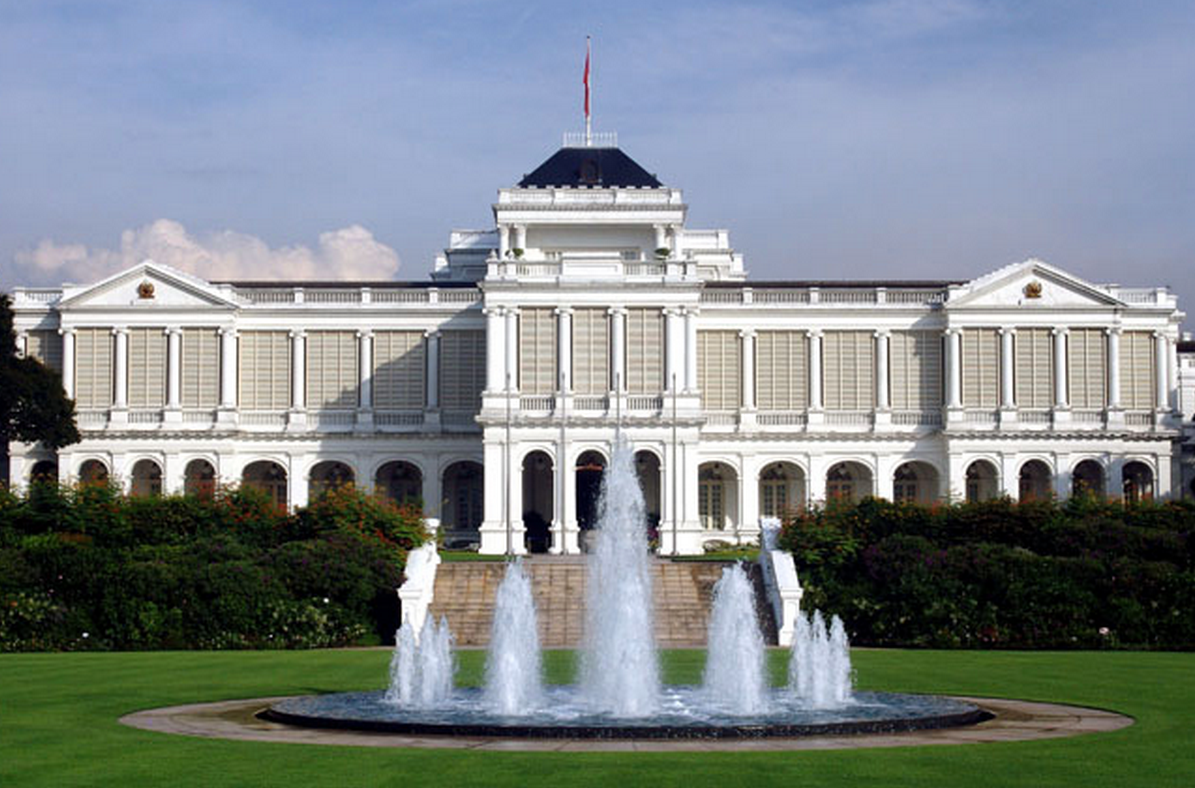
KNOWLEDGE BASE Governance In Singapore
The information on this page was current at the time it was published. Regulations, trends, statistics, and other information are constantly changing. While we strive to update our Knowledge Base, we strongly suggest you use these pages as a general guide and be sure the verify any regulations, statistics, guidelines, or other information that are important to your efforts.
Governance in Singapore
Effectiveness of governance in Singapore
The World Bank Group evaluates and reports on world governments and their effectiveness in their Worldwide Governance Indicators reports. Singapore ranks very highly on most of its aggregate scores and first overall, indicating that the government in Singapore is considered very effective - another reason to consider doing business in that country.
What is Governance?
According to the World Bank Group, “Governance consists of the traditions and institutions by which authority in a country is exercised. This includes the process by which governments are selected, monitored and replaced; the capacity of the government to effectively formulate and implement sound policies; and the respect of citizens and the state for the institutions that govern economic and social interactions among them.”
The six parameters for which perceptions are captured in the World Governance Indicators reports and Singapore's scores are:
Voice and Accountability - 44.44
The extent to which a country's citizens are able to participate in selecting their government, as well as freedom of expression, freedom of association, and free media. Singapore’s lowest score was for Voice and Accountability. There are several factors that likely play into this rating. First, Singapore has had just one political party since the country was formed in 1965. While that single party was instrumental in establishing many of the regulations and guidelines that have made Singapore the success it is today, there has been tight control over the media and the conservative cultural values drive many of the country’s laws. You will have difficulty succeeding if your product or service does not align with Singapore’s value structure.
Political Stability and Absence of Violence/Terrorism - 97.17
The likelihood of political instability and/or politically-motivated violence, including terrorism
Government Effectiveness – 100
The quality of public services, the quality of the civil service and the degree of its independence from political pressures, the quality of policy formulation and implementation, and the credibility of the government's commitment to such policies
Regulatory Quality – 100
The ability of the government to formulate and implement sound policies and regulations that permit and promote private sector development
Rule of Law - 99.06
The extent to which agents have confidence in and abide by the rules of society, and in particular the quality of contract enforcement, property rights, the police, and the courts, as well as the likelihood of crime and violence
Control of Corruption - 98.58
The extent to which public power is exercised for private gain, including both petty and grand forms of corruption, as well as "capture" of the state by elites and private interests
Singapore's high ranking indicates that governance in Singapore relating to business is very effective.
The Significance of Rule of Law
When asked about which factor is most important when evaluating which countries to do business in, many companies will say that Rule of Law is their biggest concern. As stated above in the Worldwide Governance Indicators results, The Rule of Law concept considers the extent to which business operators within a select country have confidence in and abide by the rules or laws of that society. Some of the characteristics that should be evaluated to make a sound decision encompasses the clarity, certainty and predictability of laws and their application.
Some considerations are:
-
Contract enforcement consistency
-
Adherence to property rights (personal, business, intellectual)
-
Ability and effectiveness of the courts to make and enforce laws
-
The likelihood and ability of the police to enforce laws
-
The extent of crime and violence
Some of the specific practices to watch out for are the freedom from expropriation, physical security of persons, respect for contracts, access to effective and efficient courts, and government adherence to agreements and clear dispute resolution procedures. Well-functioning law and justice institutions and a government bound by the rule of law are important to economic, political and social development.
The World Governance Report provides an extensive list of resources to help you understand their ratings.
The ease of doing business in Singapore
In its report, Ease of Doing Business, the World Bank Group ranks Singapore 2nd out of 190 countries for ease of doing business within the country as a small or medium-sized company. Specifically, regulations applying to companies through their life cycle are considered. A high ranking indicates that the regulatory environment is relatively more conducive to starting and operating a company locally. The World Bank Group ranking takes into consideration the following parameters:
-
Starting a Business
-
Trading across Borders
-
Getting Credit
-
Registering Property
-
Paying Taxes
-
Protecting Minority Investors
-
Enforcing Contracts
-
Resolving Insolvency
-
Dealing with Construction Permits
-
Getting Electricity
Behind each of these categories are additional measures and extensive resources that went into their ratings. You can find more information at the World Bank Doing Business Report website.

The World Bank Group’s Worldwide Governance Indicators
KNOWLEDGE BASE Governance In Singapore


